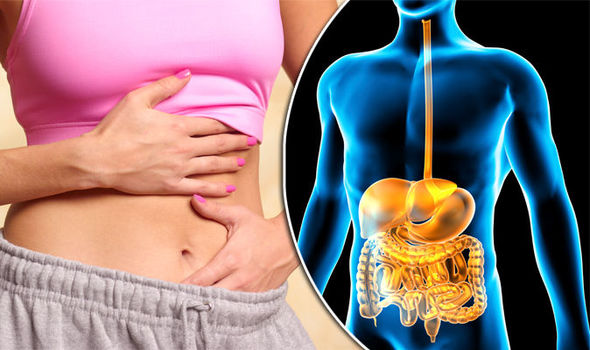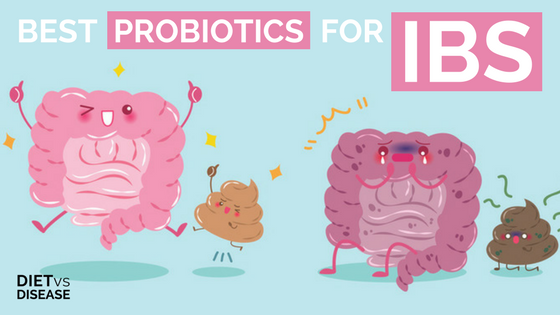Irritable Bowel Syndrome or what’s commonly referred to as – IBS, is no more an alien term to majority of us and is a condition that usually affects the large intestine. If not managed properly, it can become a chronic illness of which to deal with throughout your life time.

What Are the Signs?
Symptoms include abdominal pain, bloating, stomach cramps, gas, and sometimes even diarrhoea and constipation.
What Are the Statistics?
According to some reputable sources, the number of people who suffer from IBS in the UK especially, are about 17% of the overall population of about 66 million residents. That’s an astounding 11,220,000 people that have IBS or symptoms thereof – 23% of which are women and 11% are men.
Researchers have been working on finding the exact cause but till date have not had any success. The general consensus is that it is triggered by certain foods and liquids, in addition to the process of food passing through the intestine being either too slow or too fast, which sensitizes the gut.
Other factors that can also cause it or make it worse are:
- Stress
- Life Style choices like alcohol or smoking
- Family history
Although there is no certain cure as such, some people find it easy to control it with their diet and lifestyles by managing what they eat and drink on a daily basis, however people who have more-severe indications are usually put on certain types of medication or seek the help of health councillors and nutritionists who put them on strict diets.
What Are the Treatment Options?
Let’s start with a list of some Do’s and Don’ts of IBS Treatment to give you more idea:
– The closer you are to eating regular fresh, home-made food, the better for you and your gut. Processed foods and drinks (especially alcohol and carbohydrate sugary drinks) are a big no-no for harming you gut.
– Because stress can trigger IBS, it is worthwhile to find ways to relax both your mind and body. We don’t mean sleeping all the time, but rather incorporating things like meditation, breathing exercises, taking long walks, yoga and similar activities.
– Exercise you must! It helps release oxygen into your gut which helps make you feel better, helps you lose any unwanted weight, and is overall good for you to keep active.
– One of the most helpful things is to avoid eating what triggers it. Keeping a diary of the foods you eat can help you filter out the good from the bad. If one day you eat onions and it causes cramping, make sure you write it down, and so forth with everything else you put in your mouth.
– Some GPs and health practitioners recommend taking probiotics for a couple of weeks to see if it makes any difference. Probiotics are derived from microorganisms i.e. yeast and live bacteria, which has been known to restore the ‘gut flora’ in your stomach and digestive tract. There are however, different types or strengths of probiotics, and getting the right advise would be beneficial. These can only benefit your system as opposed to harming it. See this: https://www.nhs.uk/conditions/probiotics/

What Foods Have Probiotics in Them?
The fundamental thing here is to improve your gut health and digestion, and If taking probiotics in a capsule form is not to your preference, there are other natural foods that you can incorporate into your diet that have the same type of probiotics in them. Look for these particular food groups when you go grocery shopping next:
- Yoghurt – with live cultures in it
- Kefir – fermented milk
- Cheese – but only mozzarella, gouda and cheddar
- Sauerkraut – fermented shredded cabbage
- Kombucha – fermented green tea or black tea
- Pickles or Gherkins – fermented in salt and water
- Tempeh – fermented soybean
- Miso – a mixture of fermented soybean, salt and koji (a type of fungus)
- Kimchi – fermented cabbage (usually)
- Natto – similar to Tempeh and Miso – fermented soybean
- And many more from this link
What Foods Have Probiotics in Them but Are Not the Good Kind?
It is important to know that not ALL foods that are fermented have probiotic or live cultures in them. The below list includes fermented food and drinks, but do not have good probiotics in their ingredients because they are made using a different process which has a reverse effect on live cultures – it kills them. These must be taken in limited amounts, especially if you suffer from IBS:
- Chocolate
- Beer
- Soya sauce
- Sourdough bread
- Wine
As with everything, prevention is always better than cure!
Leave a Reply